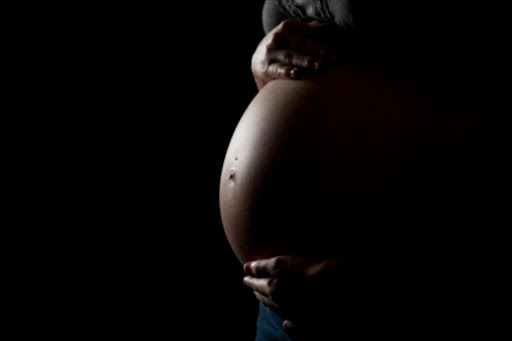Health officials in Ghana are alarmed at an emerging trend where pregnant women are taking bleaching pills to change the skin colour of their unborn babies.
These women according to Ghana’s Food and Drugs Authority hope by taking such pills, they can alter how their babies look like preferring lighter skins for them.
A major campaign is now being waged in Ghana to stop the inflow of such pills and discourage women from patronising them.
Per the new trend these pregnant women take these special pills to reduce the secretion of hormones that darken the skin of the child, making them light-skinned while they are still in the womb.
An official of Ghana’s food and drugs authority, Emmanuel Nkrumah who heads the cosmetics department considered the current trend a misconception about how babies are formed in the womb as he says mothers risk harming their unborn babies rather by taking such pills.
“If you look at the development of babies, its genetics, its at the cell level, and you taking medicine to have an effect on the baby would not be what you may be expecting. But it would harm the baby, the baby risk having certain deformities. Physical deformities. The baby coming without limbs, that is hands or legs,” he said.
One of the drugs in question is Glutathione which is a supplement for bleaching of the body. Bleaching is a worrying phenomenon in Most African countries especially Ghana as women with darker skin colour want prefer it to be lighter and fairer.
Renowned Ghanaian dermatologist who has spoken against skin bleaching in Ghana, Professor Edmund Delle has said that the emerging trend is a threat to society not only to the unborn babies.
“Why do you do that to a baby unborn, he or she cannot decide for himself or herself. I think I find its something so unethical, that we must all rise up and fight against the right of unborn baby. It is a very serious matter. Now it is going as far as damaging the future leaders of our country,” Delle said.
The Ghanaian dermatologist is asking Ghanaian female gender activists to join in educating women to avoid the practice. One of such activists appalled by attempts by mothers to bleach the skin of their unborn babies is TV personality Nana Aba Anamoah.
She said “I think it is just a poor mentality, it is absolutely ridiculous, that a mother thinks that, taking in pills, to bleach their baby in their stomachs, is healthy. Once you are carrying a child, you have no right to do that. Yes it is your child but you have no right to decide for the child that I want you to be fair or dark.”
The FDA does not have adequate data on how many women are engaged in this practice but says the discovery was made during its market surveillance where the purchase of these drugs for this purpose was realized. Nkrumah said his outfit is now on a campaign to stop the importation of these drugs and subsequent usage by Ghanaian women.
“So as part of the activities, that we have put in place, to address this issue we are picking intelligence and we are engaging the security services, trying to get samples, more importantly get to the source, how these products are trickling in, into the country, and the most important part, of this activity that we are doing is the public education, because we want Ghanaians to know that this is unregistered product,” he said.
Fake drugs abound in Ghana, something the FDA is battling already. Compounding it with such a misconception that taking special pills could make a babies skin lighter inside the womb would mean officials have a daunting task to execute to save lives.
Source: Africafeeds.com



